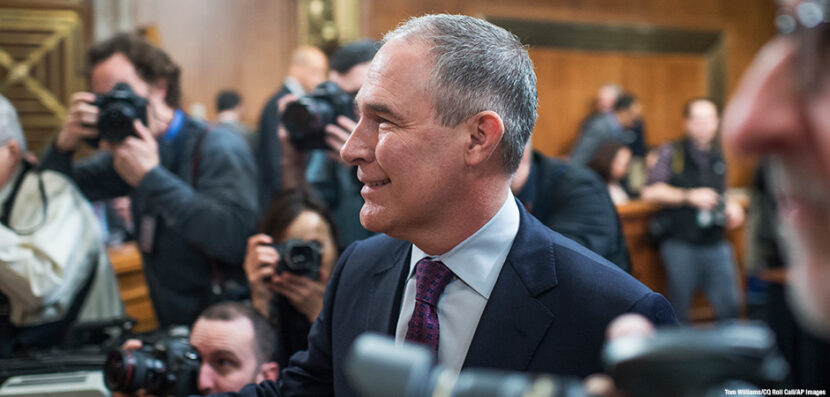- Current Events New Alabama Congressional District Selects Candidates
- Current Events Nebraska Rejects Winner-Take-All Proposal
- Citizenship Voting Under Age 18
- Citizenship Citizenship in Action
- Democratic Party Biden’s and Trump’s Recent Primary Results
- Elections Trump and Biden Win South Carolina and Michigan Primaries

What’s Happening with Trump’s Cabinet?
On Inauguration Day, the Senate confirmed the first two of President Trump’s cabinet nominees: Retired Marine General James Mattis as Secretary of Defense, and Retired Marine General John Kelly as Secretary of Homeland Security. Both nominees faced very little opposition in the Senate. The vote to confirm General Mattis was 98-1 (with one abstention), and the vote to confirm General Kelly was 88-11. Both nominees were sworn in Friday evening by Vice President Pence.
Opposition from Democrats?
Though the Republican-controlled Senate is likely to confirm most (if not all) of President Trump’s nominees, not all of them will face as easy a time of it as Generals Kelly and Mattis did. While the Democrats don’t have enough seats to block a nominee, they may slow the confirmation process down. Every senator must unanimously agree if a cabinet nominee is to be sworn in quickly by a voice vote. If even one senator voices opposition, the process will be slowed. So far, at least three Democrats in the Senate have objected to Mike Pompeo for CIA director. Therefore, instead of being sworn in immediately, the Senate has opened debate on Pompeo’s nomination.
Rex Tillerson (Secretary of State), Jeff Sessions (Attorney General), Tom Price (Health and Human Services Secretary), Mick Mulvaney (OMB Director), Linda McMahon (Small Business Administration Secretary), Elaine Chao (Labor Secretary), and Wilbur Ross (Commerce Secretary) will all face hearings with various Senate committees this week.
What’s Next?
Democrats have voiced concerns about President Trump trying to “push” through his cabinet picks too quickly. They also complain about missing ethics paperwork, the speed of the hearings, limited time for questioning, and the fact that many of his cabinet choices are so controversial to begin with. Such a divided Senate could mean that President Trump will face long delays in getting his cabinet approved. President Obama, for example, was able to have seven of his nominees confirmed on his 2009 Inauguration Day: five more than President Trump.
Republicans have been quick to criticize the Democratic senators who oppose Trump’s nominations, saying that with major legislative battles (such as repealing and replacing the Affordable Care Act) and a Supreme Court nomination looming ahead, it would be best for the two parties to work together to move forward. Democrats, on the other hand, point out that Republicans did not try for bipartisan compromise when President Obama was in office. Obama’s Supreme Court nomination, for example, sat for a year without confirmation. Either way, it is likely that the Senate will remain deeply divided over not only Trump’s cabinet nominees, but over many issues that they will face in the weeks and months to come.


